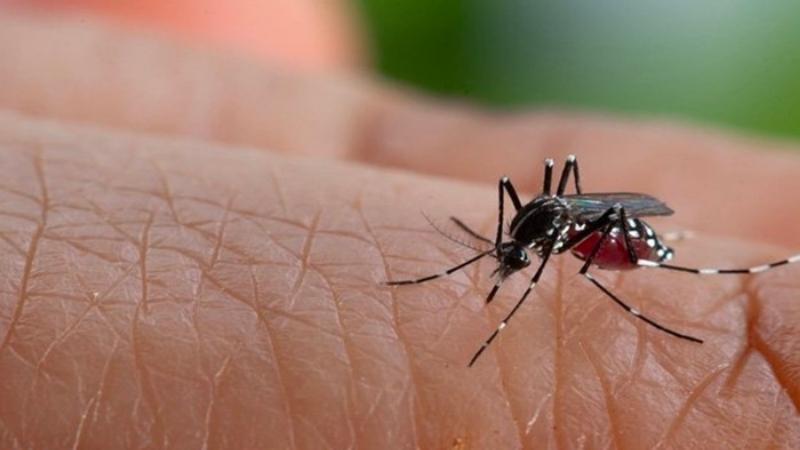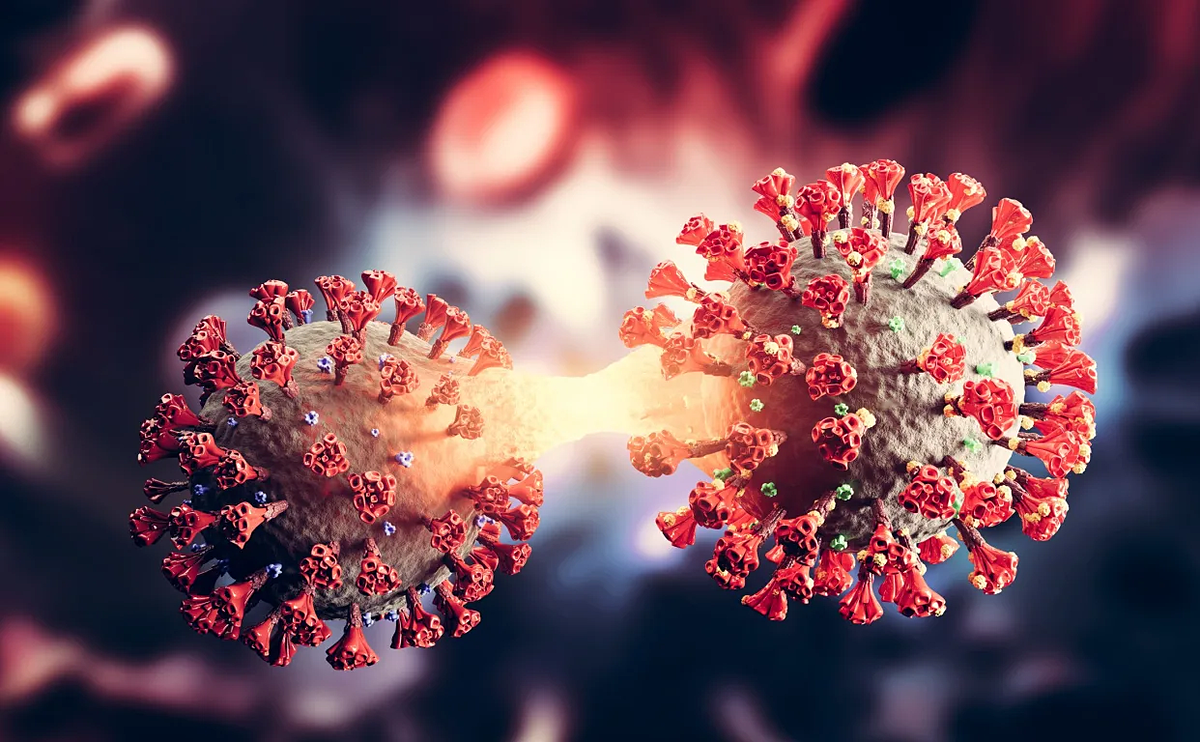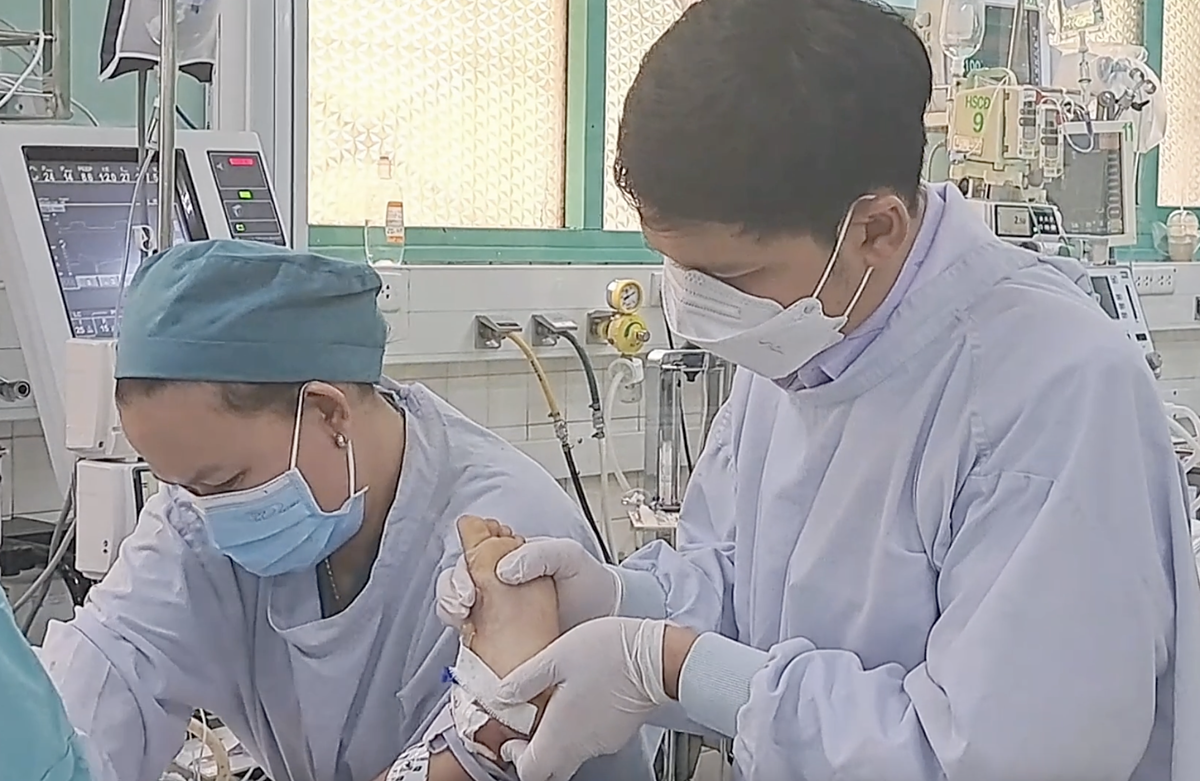Protecting children when dengue fever is in season
- Dengue fever occurs year-round, often increasing in the rainy season. The disease occurs at any age, but is most common in children.

In Dong Nai, as of May 4, the province has 1,376 dengue cases, of which 812 cases of children under 15 years old, accounting for 59.01%.
Causes of dengue fever in children
Dengue fever is an acute infectious disease that can cause epidemics caused by the dengue virus. Dengue fever is spread by mosquitoes that bite an infected person and then transmit the disease to the healthy person through the bite.
In Dong Nai, now the weather is starting to change to the rainy season, the humid climate and high humidity create favorable conditions for mosquitoes to breed and develop, increasing the risk of dengue fever in children.
Besides, this time the students have a summer vacation, have more time to participate in extracurricular activities such as playing sports, picnics, etc. The outdoor play also makes children vulnerable to mosquito attacks.
Moreover, the awareness of preventing mosquito bites in children is not high and their resistance is weaker than that of adults, so they are more susceptible to diseases than adults.
Signs that a child has dengue fever
Dengue fever in children has diverse and complex symptoms, with rapid progression from mild to severe. The disease usually has a sudden onset and progresses through three phases: the febrile phase, the critical phase, and the convalescent phase.
The stage of fever in children is usually a sudden high fever of 39 - 40 degrees Celsius, continuous, young children feel restless, fussy, older children complain of headache, loss of appetite, nausea, muscle aches, joint pain, aches and pains. two eye sockets. After this period, the child enters the critical phase, from the 3rd to the 7th day since fever, severe symptoms of the disease begin to be noticed such as bleeding under the skin (usually on the front legs, inner side of arms, abdomen, thighs), nosebleeds, bleeding gums, blood in urine.
However, bleeding is not a mandatory sign of the disease, because some children have the disease but have absolutely no symptoms of bleeding. So, with or without bleeding symptoms, the disease can still lead to an extremely dangerous complication that is shock, which can cause death.
At the recovery stage, after the dangerous period 48 - 72 hours, the child's fever is gone, his general condition is better, his appetite is stable, his blood pressure is stable and he urinates a lot; Blood tests usually increase white blood cell count soon after the antipyretic phase, the platelet count gradually returns to normal. However, severe patients, from this stage will appear complications, unpredictable progress.
Take good preventive measures to protect children when dengue fever is in season
To date, there is no vaccine for dengue fever and no specific treatment. The main and most effective prevention measures are killing mosquitoes, killing larvae/larvae and preventing mosquito bites.
It is necessary for children to wear long-sleeved clothes, sleep under the bed at night and during the day, do not let children live in low light and humid places, apply mosquito repellent on exposed skin to protect children at all times, including Day and night to prevent mosquito bites.
Regularly clean, cover the tank and water containers, release fish to kill larvae. Change the water in the flowerpots every day, drop salt or chemicals to kill the larvae in the water bowl, the aquarium, the rockery, the refrigerator waste water tray...
Keep the house neat and clean, do not hang clothes as a place for mosquitoes to reside. Remove waste materials, natural water holes, turn over objects that can hold unused water, to prevent mosquitoes from laying eggs.
In addition, dengue fever in children progresses rapidly, so parents need to pay attention to detect the disease early. When the child has a fever over 38.5 degrees Celsius, give them a dose of Paracetamol at a dose of 10-15mg/kg/time and take the child to a medical facility for timely examination and treatment. Do not use aspirin or Ibuprofen, the wrong use of antipyretics can be life-threatening, as Aspirin works to prevent platelet aggregation, making the patient's bleeding worse.
* SOURCE: https://vtv.vn/suc-khoe/bao-ve-tre-em-khi-dich-sot-xuat-huyet-vao-mua-20230511002405647.htm









 Facebook
Facebook
 Tweet
Tweet
 Zalo
Zalo







 News
News

















 Sign in with Facebook
Sign in with Facebook
 Sign in with Google
Sign in with Google